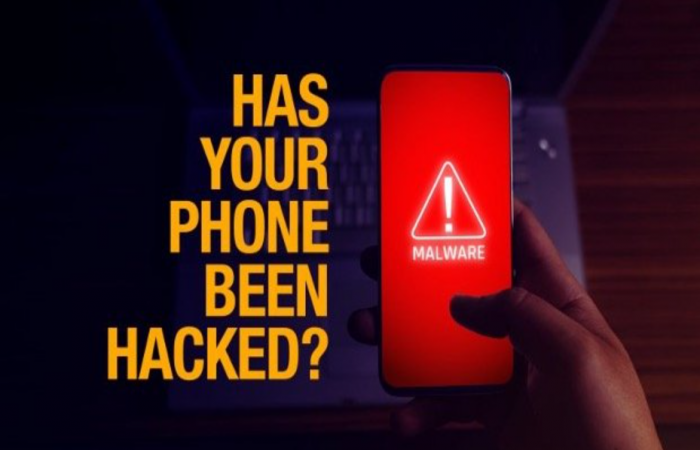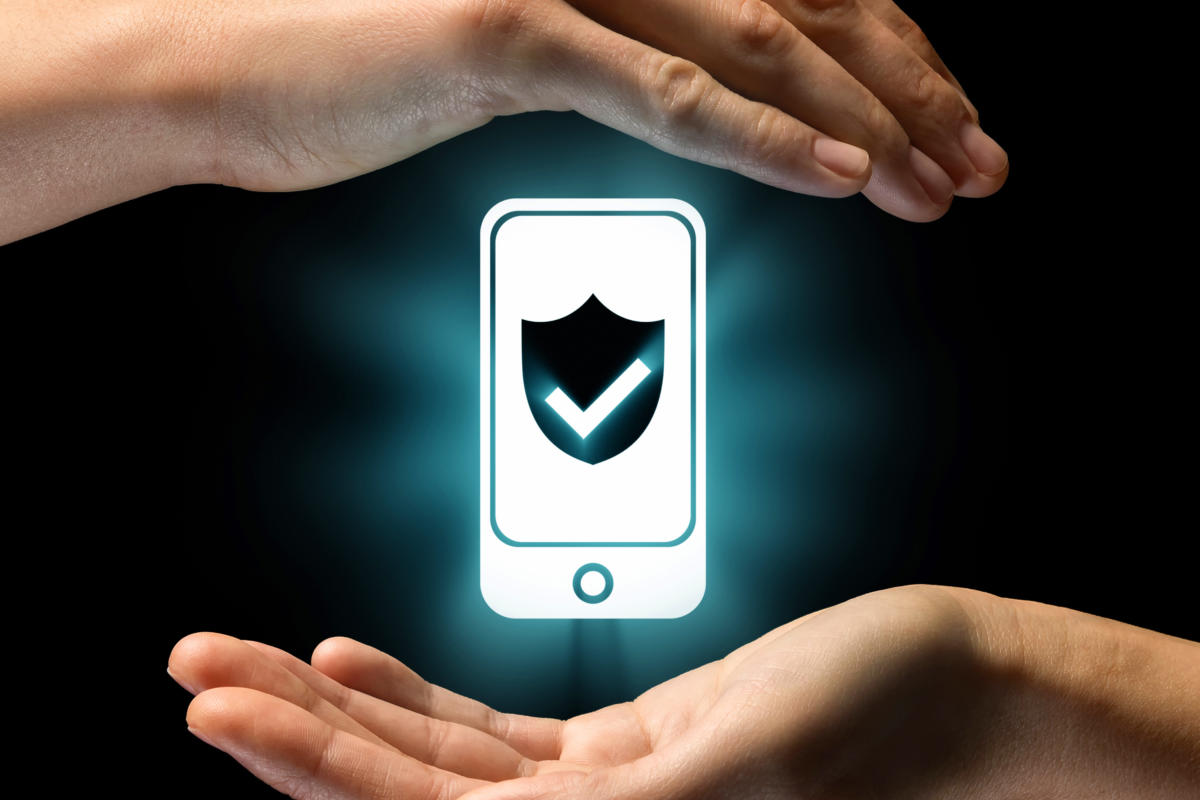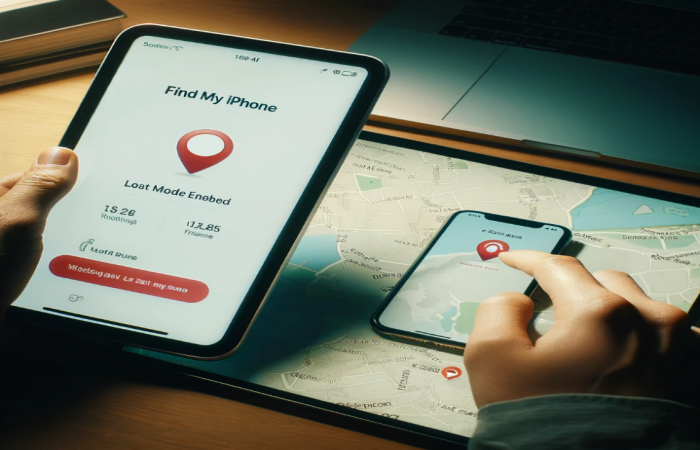
10 Ways to Secure Your Phone from Hackers
In today's digital age, your smartphone is like an extension of yourself. It stores your contacts, personal photos, emails, banking details, and even sensitive work files. This makes it a prime target for hackers and cybercriminals. But protecting your phone doesn’t have to be complicated. In this guide, we’ll walk you through simple, everyday actions that can keep your data safe.
1. Enable Two-Factor Authentication (2FA)
Most apps, especially those related to banking and social media, now offer two-factor authentication. This adds an extra layer of security by requiring not only your password but also a second form of identification, like a code sent to your phone.
Tip: Start with apps like your email, WhatsApp, and social media accounts. Always choose authentication via SMS or an authenticator app for added protection.
2. Regularly Update Your Software
Both iOS and Android frequently release updates that patch security vulnerabilities. Hackers often target devices with outdated software because they’re easier to exploit.
Tip: Enable automatic updates for both your operating system and apps to stay ahead of potential threats. It’s a set-it-and-forget-it type of security measure that pays off in the long run.
3. Use Strong Passwords
It’s tempting to use one simple password across all your apps, but that’s a goldmine for hackers. If one account is compromised, everything else can quickly follow.
Tip: Use a password manager to create and store unique passwords for each app or website. A good password manager can also alert you if one of your passwords has been compromised in a data breach.

4. Be Cautious with Public Wi-Fi
Public Wi-Fi networks are convenient but notoriously insecure. Hackers can intercept data transmitted over these networks, potentially gaining access to your private information.
Tip: Avoid logging into sensitive accounts (like banking apps) while on public Wi-Fi. If you must use it, consider using a VPN to encrypt your connection.
5. Turn Off Bluetooth and Wi-Fi When Not in Use
Bluetooth and Wi-Fi signals can make it easier for hackers to connect to your phone. It’s a good habit to switch them off when you’re not using them.
Tip: Get into the routine of turning off Bluetooth and Wi-Fi when you leave the house or office. This simple action can greatly reduce your risk.
6. Be Wary of Suspicious Links and Emails
Phishing attacks are one of the most common ways hackers gain access to smartphones. You might receive a text or email that looks legitimate but contains a malicious link.
Tip: Never click on links in messages from unknown senders, and be cautious with unfamiliar or unexpected emails—even if they appear to come from companies you trust.
7. Install a Security App
A good security app can act as your phone’s personal bodyguard. It can monitor for malware, warn you about risky apps, and even help you locate your phone if it’s lost or stolen.
Tip: Look for trusted security apps like Avast, Bitdefender, or Norton, which offer free versions with basic protection features.

8. Lock Your Phone with Biometric Security
Many smartphones offer biometric security features like fingerprint recognition or facial scanning. These are more secure than traditional PINs or passwords, as they are much harder for hackers to replicate.
Tip: Activate fingerprint or face recognition on your phone for quicker and more secure access. If this isn’t available on your phone, at least use a strong PIN or pattern.
9. Regularly Back Up Your Data
If the worst happens and your phone is compromised, a backup ensures that you don’t lose everything. Whether it’s a hardware failure, theft, or a successful hack, backups give you a safety net.
Tip: Use cloud services like Google Drive, iCloud, or any other trusted provider to back up your photos, contacts, and other important data automatically.
10. Log Out of Sensitive Apps When Not in Use
Many people stay logged into apps like banking, email, or social media for convenience. But staying logged in makes it easier for someone else to access your accounts if they get hold of your phone.
Tip: Make it a habit to log out of sensitive apps, especially banking or payment apps, when you're done using them.
Conclusion: Simple Steps Make a Big Difference
Securing your phone doesn’t require technical know-how or expensive solutions. By incorporating these simple habits into your daily routine, you can dramatically lower your chances of being hacked. Think of phone security like locking your doors at night: a small step that brings peace of mind.
Joel is a passionate tech enthusiast with a flair for writing captivating tech stories. With a deep interest in emerging technologies, he shares insights and narratives that inspire and engage readers in the world of innovation.

















